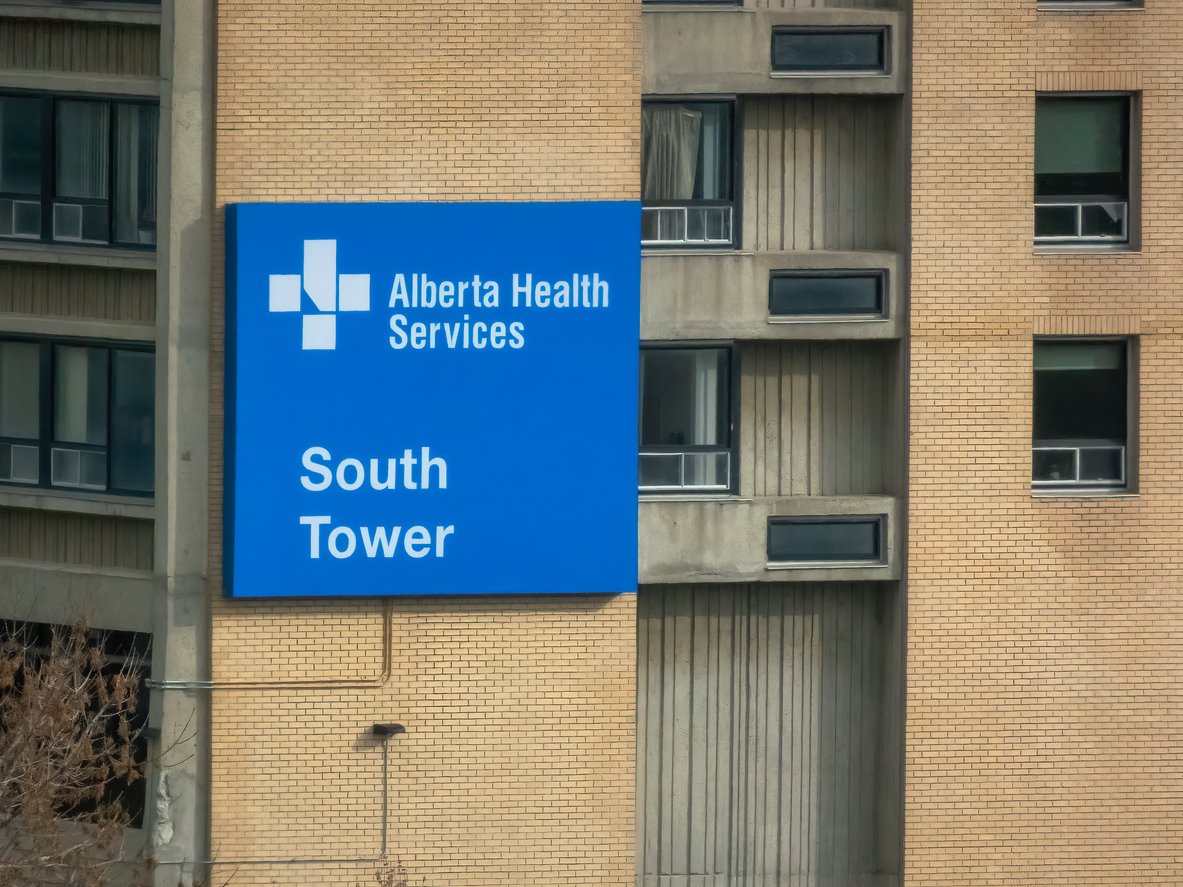The court could not compel person to present evidence they chose not to introduce

The Alberta Court of King's Bench has ruled that expert evidence is inadmissible following a settlement agreement in a medical negligence lawsuit involving the Foothills Medical Centre and Alberta Health Services (AHS).
In Dedrick v Foothills Medical Centre, 2024 ABKB 276, the plaintiffs reached a settlement with the AHS defendants, which removed them from the lawsuit. The settlement did not include a Pierringer agreement and was subject to the public trustee's review and the court's approval. Despite the settlement, the remaining physician defendants argued that expert evidence regarding the AHS defendants' nursing standard of care and causation should still be considered in the trial.
The plaintiffs argued that the expert report, initially intended to support claims against the AHS defendants, was no longer relevant or admissible because the settlement had absolved them from the lawsuit. They contended that the court could not compel them to present this evidence and that the physicians could have sought their own expert opinions by initiating third-party proceedings against the AHS defendants.
Due to the settlement, the AHS defendants maintained no need for findings on their standard of care or causation. Still, they agreed to make their nursing staff available to testify factually at trial.
However, the physicians argued that the Contributory Negligence Act and the Tort-Feasors Act required apportionment of liability between all parties, including the settled AHS Defendants. They cited legal precedents supporting the need to determine the degrees of fault for all contributors to the plaintiffs' damage, regardless of their current status as parties to the action.
The court ruled in favour of the plaintiffs, stating that the court could not compel a party to present evidence they chose not to introduce. He noted that the physicians could seek expert evidence by pursuing third-party proceedings against the AHS defendants, which they did not do.
The Court of King’s Bench acknowledged that the absence of the expert report might result in a finding of sole liability against the physicians due to insufficient evidence to implicate the AHS defendants. He emphasized that while this outcome might seem unfair, the trial had already been adjourned once, and further delays were unacceptable.
The trial will proceed with the evidence each party chooses to present, and the AHS personnel will be available to testify. The expert who prepared the disputed report can be called by either party, but the scope of her testimony remains unclear.
The court concluded by declining to compel the plaintiffs to present the expert evidence, allowing the trial to proceed based on the available evidence.










